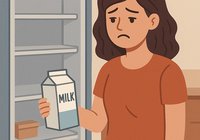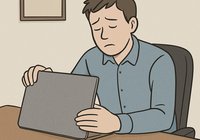| Phrasal verb | Main meaning |
|---|---|
be off [biː ɒf] | to leave or depart |
Other meanings
- to be cancelled or not happen
- to be disconnected or turned off
- to go bad (food)
- to no longer like or support something
Example Sentences Using the Phrasal Verb "be off"
- I must be off now, see you later!
- The meeting is be off because the manager is sick.
- The lights are be off, someone turned them out.
- This milk is be off — it smells terrible!
- I’m be off chocolate for a while, trying to eat healthy.
Other phrasal verbs with the verb be
be back
to have returned to a place
be away
to be absent or not at home
be in
to be at home or in a particular place
be against
to oppose or disagree with someone or something
be on
to take place
be over
to have finished
be behind
to be late or delayed
be for
to support or favor something
be out
to be absent or not at home
be into
to be interested in or enthusiastic about something or someone
be out of
to have no more of something
be about to
to be on the point of doing something (imminent future)
be down
to not be working or functioning
be up
to be awake; not sleeping
be after
to try to obtain or pursue someone or something
be with
to support or agree with someone
be along
to arrive soon
be through
to have finished something
be up to
to be doing something (often secretly or mischievously)
🔗 Learn more about the irregular verb be, including its forms and usage.




















